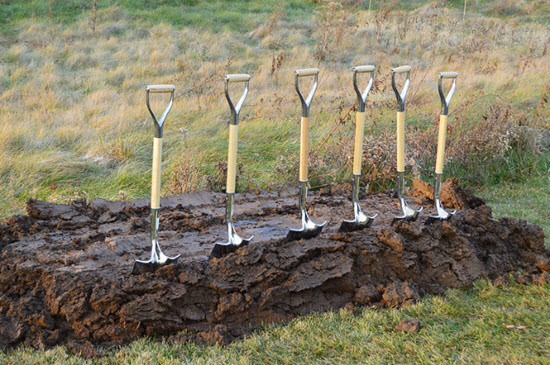The nature of your work on a local SEO campaign should change over time, or you’re doing it wrong. How you’ll make progress in week 3 differs from how you’ll make progress in year 3.
You’ll do fine if you know which steps can only help you once, versus which steps can help you for as long as you work on them. More on those in a minute.
On the other hand, your local rankings will take a dirt nap if you never do more than the one-time work. Steps like “optimizing your website” and building and correcting your local listings can deliver impressive results – once, at most.
If that yeoman’s work is what you think local SEO amounts to, you’ll wonder why you made such fast progress and then hit a wall. You’ll figure you just need to do more of what gave you that initial bump, so you’ll tinker with your site and build 300 citations – and still won’t see results. You’ll conclude local SEO “doesn’t work,” throw up your hands, and watch your competitors roll by.
I blame local SEO companies (or at least some of them). They want their SEO packages to look good on paper, to be easy to charge for, to be easy to delegate to people who can work for cheap, and not to require clients’ personal involvement (beyond writing the check) so they avoid bottlenecks and can bill until the end of time. That’s the charitable view, by the way.
You’ll get better results if you divide the work into one-time tasks and continuous tasks. Here’s how I like to classify each of the main steps.
One-time, foundational work:
- Create or claim your Google My Business page
- Create listings on the “local” sites that matter (AKA citation-building)
- Correct and de-dupe your listings (AKA citation cleanup)
- Fill out incomplete listings (specify your hours, categories, etc.)
- Make technical fixes to your site
- Do basic optimization: title tags, NAP info on every page, a page for each service, etc.
- Create a page for each specific service and/or product you offer
Ongoing work you should NEVER stop doing:
- Continue to do whatever else got you your best links so far
- Research new link opportunities
- Get those links
- Ask for reviews on a variety of sites
- Mine your reviews
- Re-audit your site for new problems
- Add more helpful content to existing pages
- Create a new page any time you’ve got a new offering
- Update your listings any time your basic business info changes
- Continue your blogging or other content-creation efforts IF you know them to be effective (if they’re not effective, get help)
- Continue any non-Google, preferably offline marketing you do
- Keep learning about local search, SEO, and other areas of online marketing
By the way, I haven’t laid out each step sequentially. The order varies from to case. In general, the one-time steps you do in the early parts of your local SEO effort. But sometimes they drag on later than you’d like them to, or you have to revisit them for one reason or another. Also, the ongoing steps you should start as early as possible, partly because it takes time to pile up good links and reviews and to reap the benefits.
As long as you don’t fall into busywork, don’t obsess over things that are good enough (e.g. citations), and do work on hard things that your lazy competitors won’t bother with (namely earning links and reviews), you’ll continue to climb. If you plan to get outside help, don’t hire a local SEO just to help on your listings and website.
—
Are you working on tasks where you think you might have hit the point of diminishing return?
Any ongoing steps I forgot?
Leave a comment!
